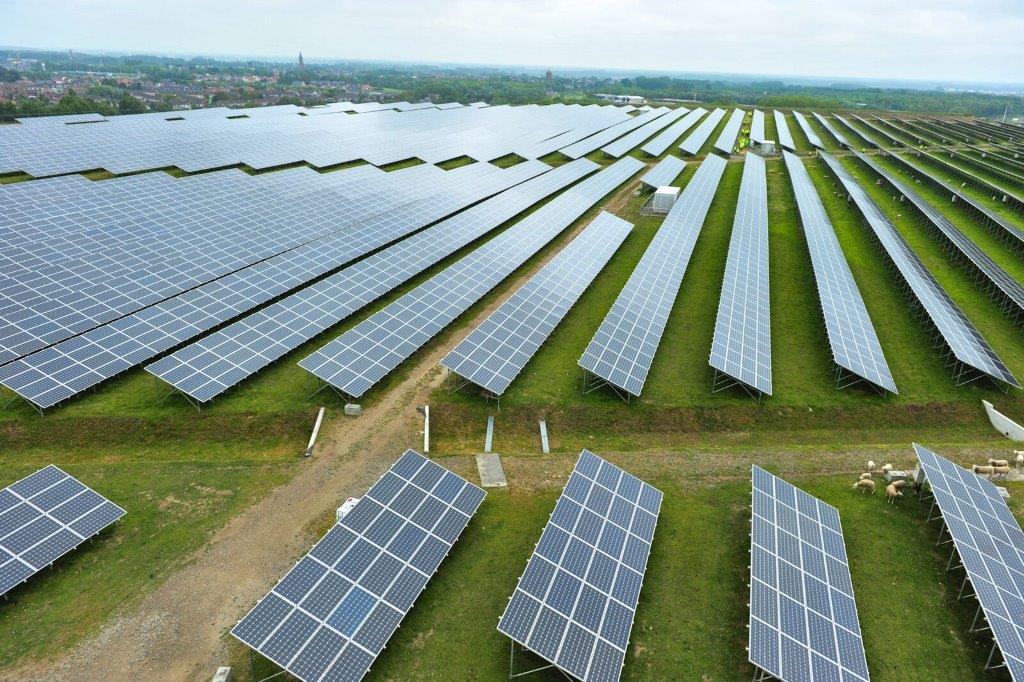
Time and again, Europe experiences how China uses its Economic Power for Geopolitical Purposes

In
- EU and strategic partners,
- EU economic affairs,
- EU strategy and foreign policy,
- Europe in the World,
In Dubai, Europe proudly presented itself as the leading ambassador of the climate. Its objectives are globally among the most decisive and ambitious. Europe’s performance at the COP28, however, conceals how it is staggering internally between irreconcilable climate and security ambitions.
*****
Time and again, Europe experiences how China uses its economic power for geopolitical purposes
In Dubai, Europe proudly presented itself as the leading ambassador of the climate. Its objectives are globally among the most decisive and ambitious. Europe’s performance at the COP28, however, conceals how it is staggering internally between irreconcilable climate and security ambitions.
Recent research revealed how Chinese dominance in the European solar panel market has turned Europe vulnerable for cyber-attacks. It takes only one ingenious Chinese hacker to paralyze the entire European solar panel energy grid. The question consequently being posed is whether China will use this capacity. These types of questions absolve our policy makers of their responsibility to answer more pertinent ones. The current Chinese position in the solar panel market is the result of economic opportunism, short-sightedness, and a severe lack of political courage when China applies economic statecraft. The key question is how far China must go before the EU realizes that facilitating dependencies on a foreign entity is strategically detrimental.
In 2013, European solar panel production pioneers sounded the alarm bells in Brussels. They were being financially strangled due to a price war with Chinese producers and due to a Chinese overcapacity of two to five times the global demand. The stakes were high. The former European Commissioner for Trade Karel De Gucht argued for import tariffs up to 50 percent to bring the market back into balance. But Chinese economic threats and attractive investments, pointed at individual member states, deprived the European Commission of the necessary political support to take measures against Chinese dumping and illegal subsidies of its solar panel industry.
Today, China dominates the global production chain, from the raw material polysilicon to the so-called hacking-sensitive “converters”; digital devices that convert direct current to alternating current. The estimation is that China will control 90 percent of the solar panel industry in the coming years.
Time and again, the EU experiences that China uses its economic power for geopolitical purposes. It recently responded to Western export restrictions on high-tech equipment by restricting exports of Chinese gallium and germanium – two key components in the production of electric vehicles and semiconductors. China controls the global supply of more than thirty critical raw materials. The question arises how Europe can become more self-reliant and arm itself against economic blackmail when the geopolitical situation becomes thorny.
The argument that Chinese private companies, including Huawei, will not join the Chinese government’s power play, shows how Chinese economic landscape is persistently being observed through a Western lens. In recent years, the Chinese legislative framework has been adapted to the country’s national security interests. Every Chinese company and citizen can be a considered national soldier by the CCP when these interests are at stake. In addition, political control over the Chinese business community is being increased through political investigations, communist party cells and so-called “golden shares”. Companies like Alibaba and Tencent are examples and there is no reason to assume that Huawei, the main provider of the questionable solar panel converters, will not suffer the same fate.
Business as usual and the law of the market are often put forward to condone situations like these. It is true that Chinese solar panels are more than a quarter cheaper compared to non-Chinese alternatives. Yet these prices are also the result of aggressive industrial policies and unfair trade practices. The solar panel sector is a textbook example of how market disruption creates monopoly positions and strategic dependencies in the long term.
Moreover, the price of a product encompasses more than what’s on the price tag. Undoing the economic carnage that has taken place in the industry by reviving the European manufacturing industry is extremely expensive. The costs associated with post factum crisis management, necessary to capture vulnerabilities in the energy sector, are also left out of the equation.
Finally, it remains to be seen what the ultimate price will be of Europe’s crumbling self-reliance. These are costs that the EU neglects when proudly proclaiming its climate ambitions and its pursuit of open strategic autonomy. At the COP28, European Climate Commissioner Wopke Hoekstra stated that compromising on climate ambitions is not an option. But neither is sacrificing Europe’s energy security and autonomy on an increasingly grim international scene.
This article was first published in Dutch in De Morgen.
(Photo credit: Wikimedia Commons)